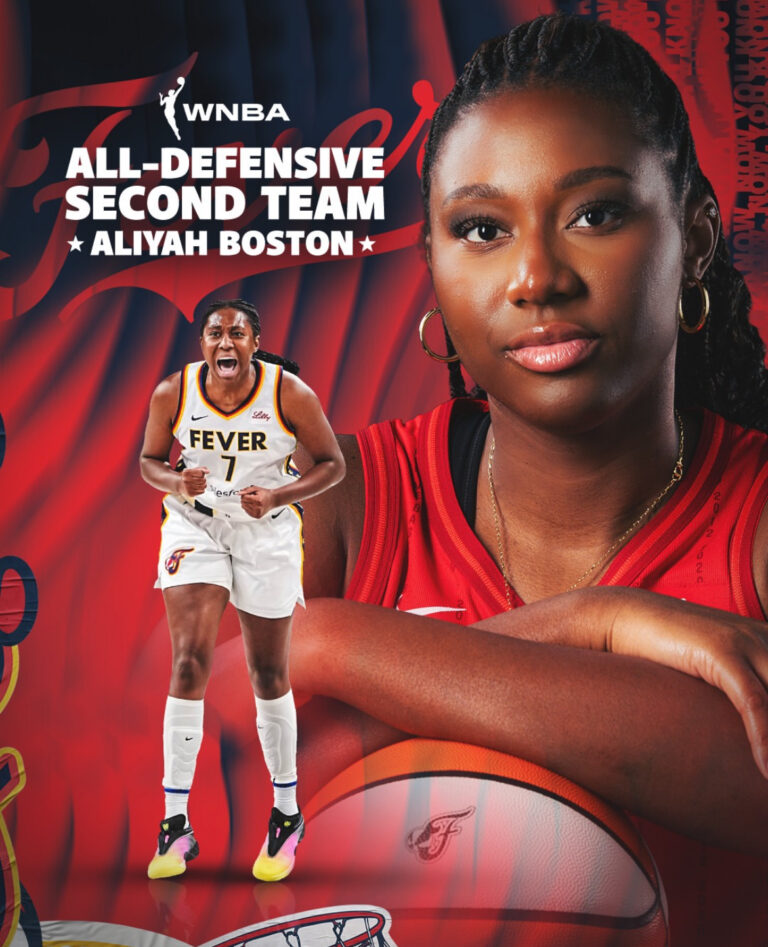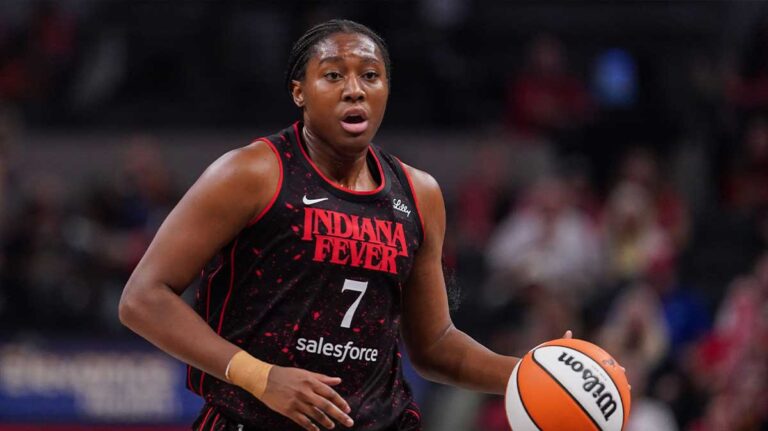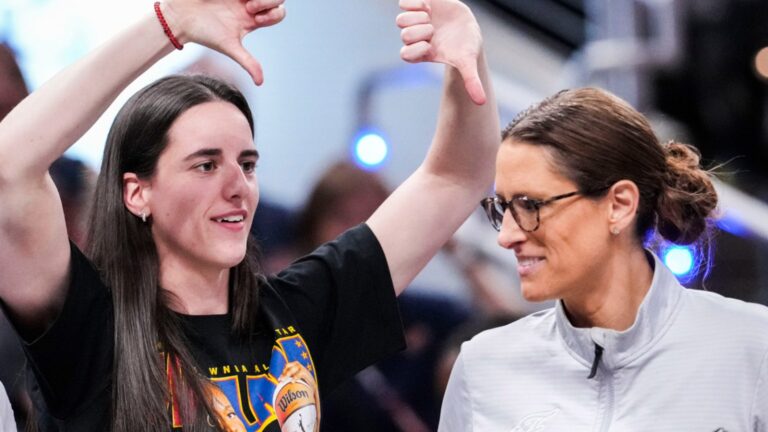
Geno Auriemma’s Controversial Take on Caitlin Clark: Karma or Misjudgment?
Geno Auriemma, the legendary UConn women’s basketball coach with 11 NCAA championships, recently stirred the pot with pointed comments about WNBA star Caitlin Clark, claiming she brings discrimination and physicality on herself through her on-court trash-talking. Auriemma’s remarks, made on the *Make A Difference with Phil Martelli* podcast, have sparked heated debate, with fans and analysts divided over whether his critique is fair or a misstep from a coach known for his bluntness.
Auriemma, no stranger to controversy, argued that Clark’s brash style invites retaliation. “She runs her mouth like no one else,” he said. “When you constantly dish out sh**, you can’t cry when it comes right back at you. That’s not hate—that’s karma.” His comments point to Clark’s reputation for competitive banter, a trait that fueled her meteoric rise at Iowa, where she became the NCAA’s all-time leading scorer. Now a rookie with the Indiana Fever, Clark has faced intense physical play in the WNBA, notably a flagrant foul from Chicago’s Chennedy Carter, which amplified discussions about her treatment in the league.
Auriemma’s perspective frames Clark’s challenges as a consequence of her own actions, suggesting her trash-talking provokes opponents. He’s not alone in noting the WNBA’s physicality—veteran Diana Taurasi, whom Auriemma coached at UConn, also predicted a tough transition for Clark, citing the league’s competitive intensity. Yet, Auriemma’s assertion that Clark’s struggles stem from her own behavior has drawn ire from her fans, who see it as victim-blaming. “Geno made an a** outta himself,” one fan posted on X, arguing he downplays Clark’s impact while focusing on her demeanor.
Critics point out that Clark’s rookie season defies Auriemma’s earlier skepticism. In June, he called her fans “delusional” for expecting her to dominate the WNBA, claiming she lacked the physicality and quickness to succeed. Yet, Clark finished fourth in MVP voting, earned WNBA Rookie of the Year honors, and led the Fever to the playoffs, averaging 15.6 points and 6.0 assists per game. Her performance suggests she’s adapting to the professional level, contradicting Auriemma’s doubts.
Supporters argue Clark’s trash-talking is part of her competitive edge, not a flaw. “She’s a generational talent who backs it up,” said one X user, noting her ability to thrive under pressure. Others see Auriemma’s comments as reflective of a broader resistance to Clark’s prominence, with some speculating jealousy or bias toward his own UConn stars, like Paige Bueckers, whom he prioritized over recruiting Clark.
Auriemma’s remarks raise questions about the line between accountability and unfair scrutiny. Is Clark’s treatment “karma” for her style, or are opponents and critics unfairly targeting her for her fame? The truth likely lies in the gray area—Clark’s boldness draws attention, but the WNBA’s physicality is a reality for all rookies. As Clark continues to reshape women’s basketball, Auriemma’s critique may fuel her fire rather than dim her shine.





